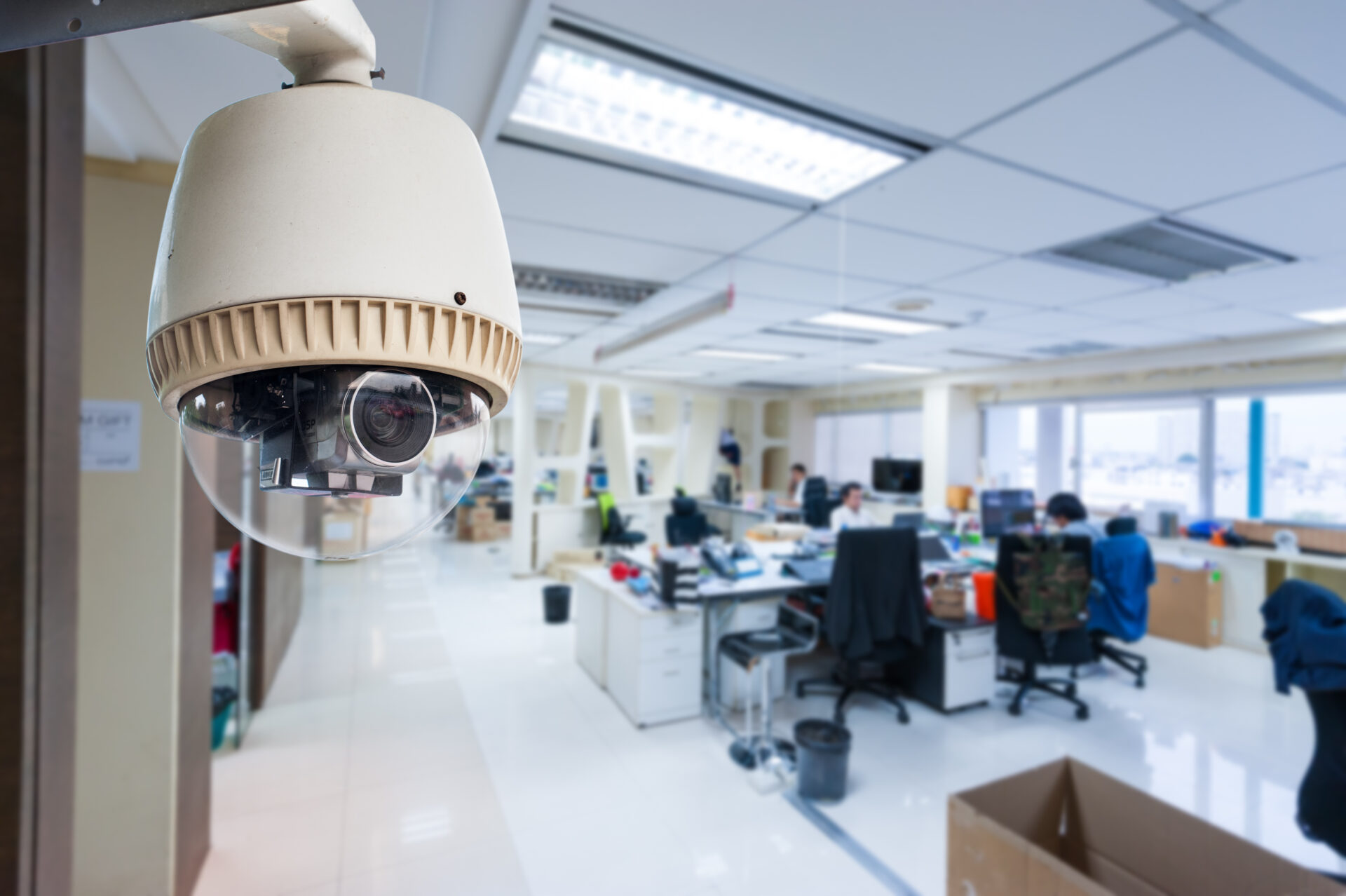Black workers may be at significantly greater risk of being subjected to surveillance and algorithmic management technologies at work, according to research from the Institute for Public Policy Research (IPPR).
Researchers revealed that employees in roles with low autonomy, low skill levels, and without union representation are at a higher risk of being monitored using intrusive technologies.
This typically includes sectors such as retail.
As a result, Black workers may be at greater risk of being surveilled than other ethnic groups, as they are more likely to be in low-autonomy (26%) and low-skill (42%) roles, while 73% are not members of a trade union.
Younger workers (16 to 29), and people still working over the age of 60, are also more likely than workers aged 30 to 59 to be employed in these kinds of roles.
The report warned that this unequal exposure to workplace surveillance risks exacerbating existing inequalities in the UK labour market, infringing on workers’ rights and undermining wellbeing.
Rapidly advancing technologies are enabling widespread and increasingly intrusive surveillance of UK workers, often without their input or consent.
This includes the use of facial recognition, biometric tracking, and tools that monitor everything from keystrokes to workers’ emotional states.
IPPR has called on the g=Government to introduce new legislation that gives workers a genuine voice over how they are monitored at work, and to expand protections to include algorithmic management systems – which increasingly automate performance reviews, shift allocations, and even disciplinary action.
Key recommendations include new legal rights to consultation, modelled on redundancy law, ensuring workers are consulted before surveillance technologies are introduced; surveillance added as a statutory subject of collective bargaining, empowering unions to negotiate on this growing area of concern; information transparency requirements, compelling employers to disclose what data is collected, why, and how it will be used, as well as strong enforcement mechanisms, including tribunal access and financial penalties for employers that breach new duties
Joseph Evans, IPPR researcher and co-author of the report, said: “Workplace surveillance has expanded rapidly in recent years, but the law hasn’t kept up.
“Black workers are more likely to be in jobs where there’s a higher risk of intrusive surveillance. Without urgent reform, new technologies may deepen the inequalities already baked into the labour market.
“We need new rights that ensure all workers – especially those most at risk – have a say over how they’re monitored and managed.”
Evans added: “The Government’s pledge to introduce negotiation rights is welcome. Ministers should legislate for these rights as soon as possible as part of wider upgrades to workers’ rights.
“People urgently need a real voice over how they’re monitored and managed at work.”
















